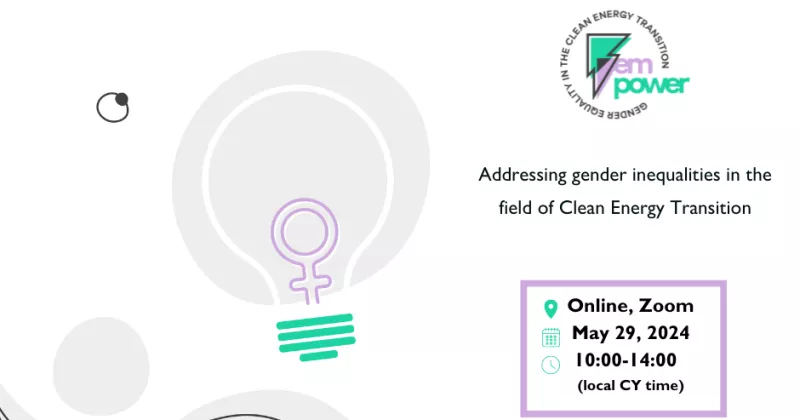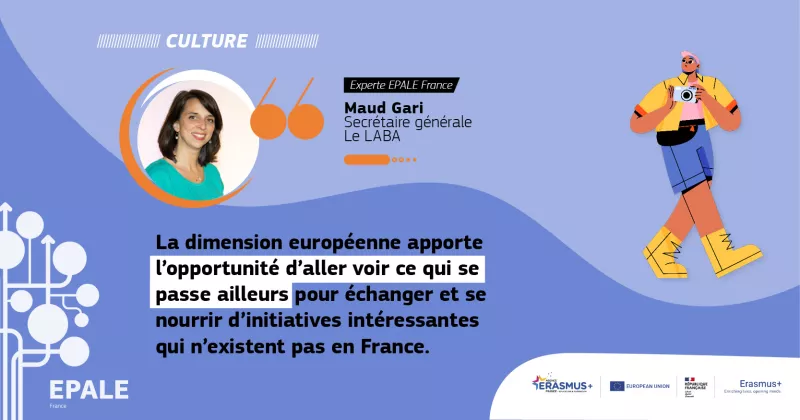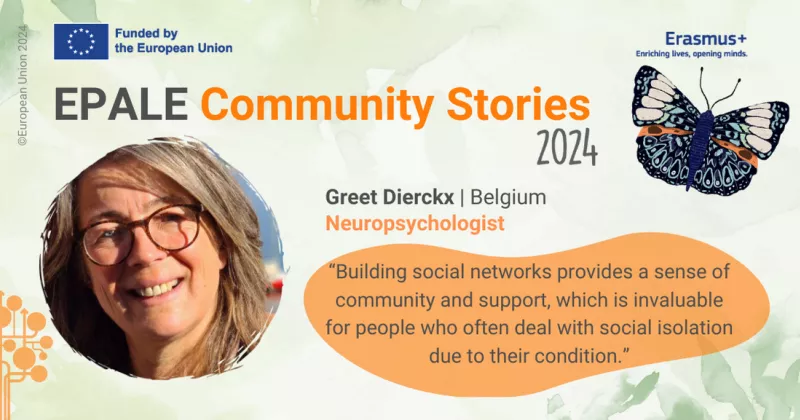Education for sustainable consumption

These activities of the project created a lot of methodological materials that facilitate the work of teachers. With the professional help of the staff of the Slovak Environment Agency, methodological materials, an environmental questionnaire and information leaflets were created. Information training and critical thinking can be developed by teachers and their students on environmental passports of more than 300 products. All materials are published on the A3S website. A survey of Slovak consumers' opinions and attitudes towards the purchase of environmental products revealed that almost a third of respondents are not willing to buy eco-labeled products and only 13% of respondents are willing to pay the higher price for eco-labeled products. A survey of the stores revealed that the stores on the shelves offer only minimal eco-labeled products. Most of these products are offered by grocery stores, where they are better marked.
Widerer range of the products are offered to consumers online. The processing of environmental passports for more than 300 products has shown that websites provide consumers with a variety of information content. More comprehensive information provide to consumers manufacturers, who also provide guidance on how the consumer can verify the veracity of the information. Most retailers provide only minimal brand information, often concise verbal statements or graphical representations of brands. The survey recruited "greenwashing" retailers who mislead consumers and did not acquire eco-label of the products, nor did they find illegal retailers to deal with competent market surveillance authorities.
The results of the survey were helpful for the creation of a handbook for teachers that supports the development of key competences for sustainable consumption. Educational materials and awareness campaigns were aimed mainly at primary and secondary schools, so that young consumers could support producers who have had an important impact on the environment. Informed consumers will thus be able to distinguish between "greenwashing" and promote fair competition between producers of environmental products for sustainable consumption.





Permaculture and Sustainable Agricultural systems
This event is of special interest to those of you concerned with sustainability issues: https://epale.ec.europa.eu/en/content/permamodule-conference-2022